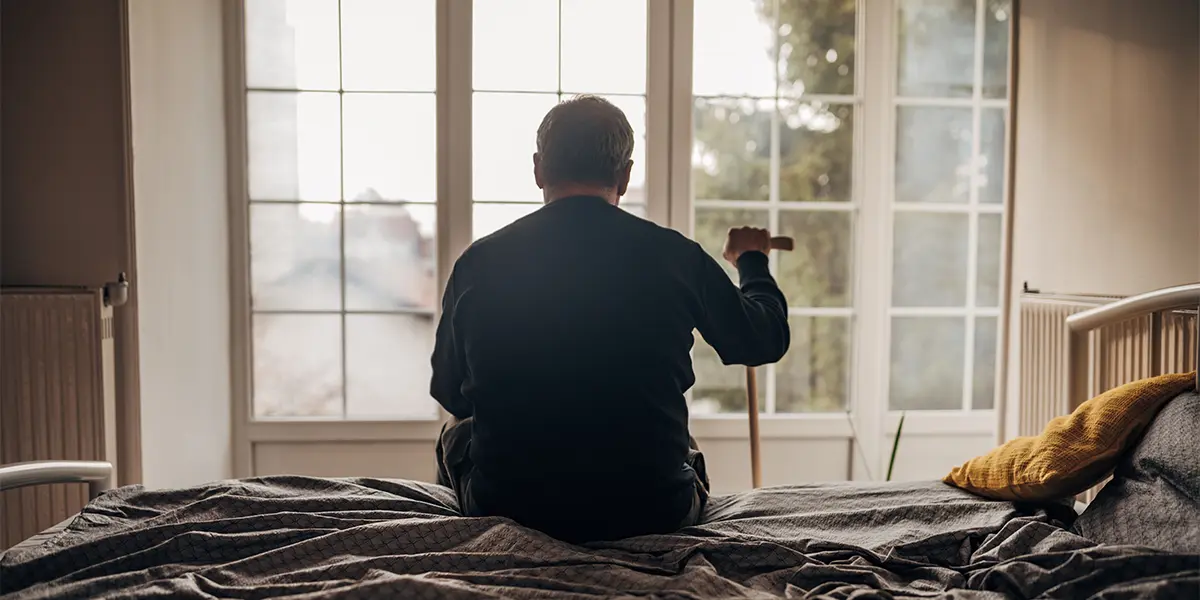When you put trust in a nursing home to care for your elderly loved one, you are under the assumption that he or she will be receiving proper treatment in a safe environment. It may be alarming to find out that so many nursing home patients are victims of abuse. Nursing home abuse can occur in many different ways; emotionally, verbally, financially – and perhaps the most common of all – physically.
Take, for example, the recent case of an elderly patient who was physically assaulted by her nursing aide in Queens. The patient, an elderly woman who cannot physically care for herself because she suffers from osteoporosis, arthritis, and bone marrow disease, was severely punched in her arm and shoulder. The physical abuse didn’t stop there. The nursing aide proceeded to push the patient into her bed with such force that she hit her face on the bed rail. As a result of this physical abuse, the elderly victim suffered swelling on her face and arm, as well as a serious black eye. Unfortunately, more often than not, these cases of nursing home abuse go unreported. It is extremely important to be aware of the warning signs of nursing home abuse to ensure the safety of your elderly loved one.
Why Physical Abuse Happens
The elderly are at a high risk of being the victims of abuse, and those who reside in nursing homes are at even greater risk. Why? Because they are reliant on the care of others and their caregivers may see them as easy targets.
How could someone who has applied for a job that involves providing care to the elderly possibly abuse them? There is no definite answer to that question, but some reasons may include:
- Aggravation because of the demands of the job, and thus, the caregiver lashes out on the patients
- Being overworked and overwhelmed
- The individual feels a sense of superiority by physically abusing patients
Signs of Physical Abuse in Nursing Homes
There are many different forms of nursing home abuse.
It can consist of forced restraint by mechanical (tying a patient’s arms down) or chemical (administering drugs for the purpose of sedating a patient), assault or even rape. Nursing home neglect or neglecting to provide care (not feeding or changing patients) is also considered physical abuse.
Some of the physical signs nursing home abuse includes:
- Bed sores and open wounds
- Clumps of missing hair
- Sudden weight loss
- Unexplained bleeding or bruising
- Clothing or bed sheets that are torn or stained with blood
Some signs of physical abuse may not be as obvious as these, and these less obvious signs may include:
- Withdrawal, either physically or emotionally
- Rocking
- Refusing to leave bed or the room
- Unresponsiveness
If you believe that your loved one is a victim of physical abuse by his or her caregivers, a nursing home negligence attorney can help determine the best course of action to take.


